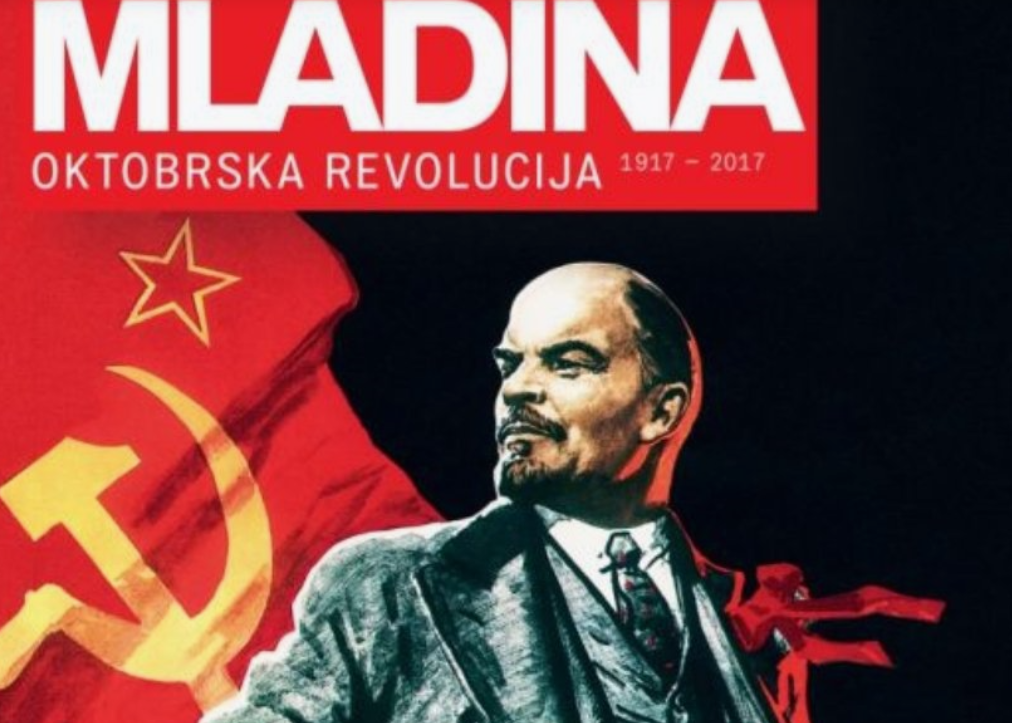The European Commission has also included Mladina magazine among the sources of credible media that it published recently. This comes as no surprise to many, as the European Commissioner has visibly chosen the side of “depoliticising” the public media in Slovenia, which also belongs on the “credible” list. The list also includes Pop TV, Kanal A, 24ur, Siol and N1info.
What does the fact that even Mladina magazine, the well-known newsletter of the transitional left, is included in the list of trustworthy and credible sources of information from which other countries draw when reporting on Slovenia, tell us? A media outlet that may once have been considered ‘credible’ and critical of the authorities, but today glamorises government slip-ups and promotes a totalitarian ideology?
Journalist Alexander Fanta, a member of the NGO Access Info Europe, has published a list of media that the European Commission considers “credible,” which is available here: https://www.asktheeu.org/en/request/13851/response/50871/attach/4/Media%20list.pdf.
The information was obtained from AsktheEU.org, a website for questions about the European Union. Ironically, the website supposedly aims to protect the right to information and, among other things, to empower journalism, but judging by their list, they are only supporting one type of journalism, just like the left-leaning part of the European Commission.
How else can we explain the fact that Mladina magazine was included on the list of credible media in the European Union? Former minister Aleš Hojs commented on this, writing on X: “The magazine Mladina used to be a magazine that contributed significantly to the democratisation and fall of communism in Slovenia. It usually sold out. Today, it serves those who loot public money, murder political rivals in the media, glorify the delusions of communism and cheer for the return of socialism.”
Political analyst Mitja Iršič also agrees with Hojs’ thinking and believes that “a list of media outlets that have been politically labelled by the European Commission as suitable is a bad idea in principle,” as it raises the question of “why a supranational entity should be the main arbiter of what is real journalism or what is fake news.” As he explains, politicians as arbiters of the truth of information is a tradition known to the Bolsheviks and still practised today by socialist tyrants and Middle Eastern despots. “Is this really the European Union we want?”
This says more about the ideological orientation of the European Commission than it does about the credibility of Mladina magazine
The fact that Mladina is on the list of trustworthy media outlets is “crowning proof of how ideologically coloured such a list is, and of the fact that the European Commission was assisted in compiling the list by far-left activists of the Slovene Association of Journalists (DNS) type. Mladina, as a neo-Marxist, wildly biased publication, seen by many as the bulletin of the extreme Left party (Levica), is a media outlet that produces so-called opinion piece journalism. There is nothing wrong with such journalism or activism. It is simply partisan and subservient to one political option. It is, however, insulting to the intellect of Europeans that the European Commission should put such a media outlet on a list of ‘reliable’ media outlets. This says more about the ideological orientation (or naivety) of the European Commission than it does about the credibility of Mladina magazine.”
But who could be surprised by Mladina’s inclusion in the list of “credible” media when the national media outlet, Radio-Television Slovenia (RTVS) is also on the same list? And we know how hard the European Commissioner Věra Jourová fought for the “depoliticisation” of the said media when she visited Slovenia and the Constitutional Court at the time of the constitutional review of the amendment to the Radio-Television Slovenia Act, and to this day, the public has not been informed of the official minutes of those talks.
The media outlet N1 can also be found on the list in question. The owner of this media outlet is the Serbian tycoon Dragan Šolak. As we have reported in the past, his footprint can also be detected when observing the workings of the deep state. In the political campaign, N1 also openly supported Robert Golob and, at the same time, campaigned against the then-Prime Minister Janez Janša.
T. B.


